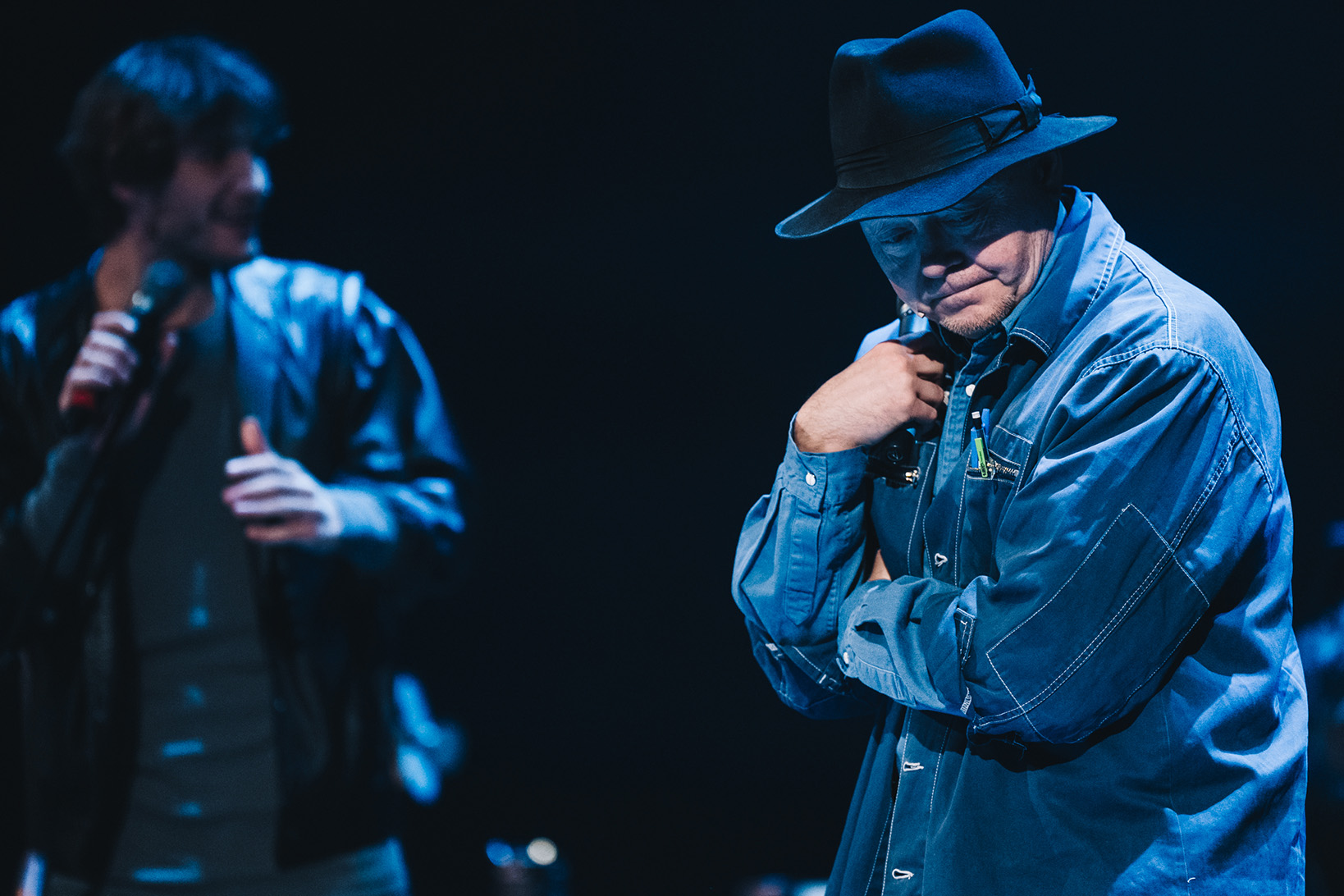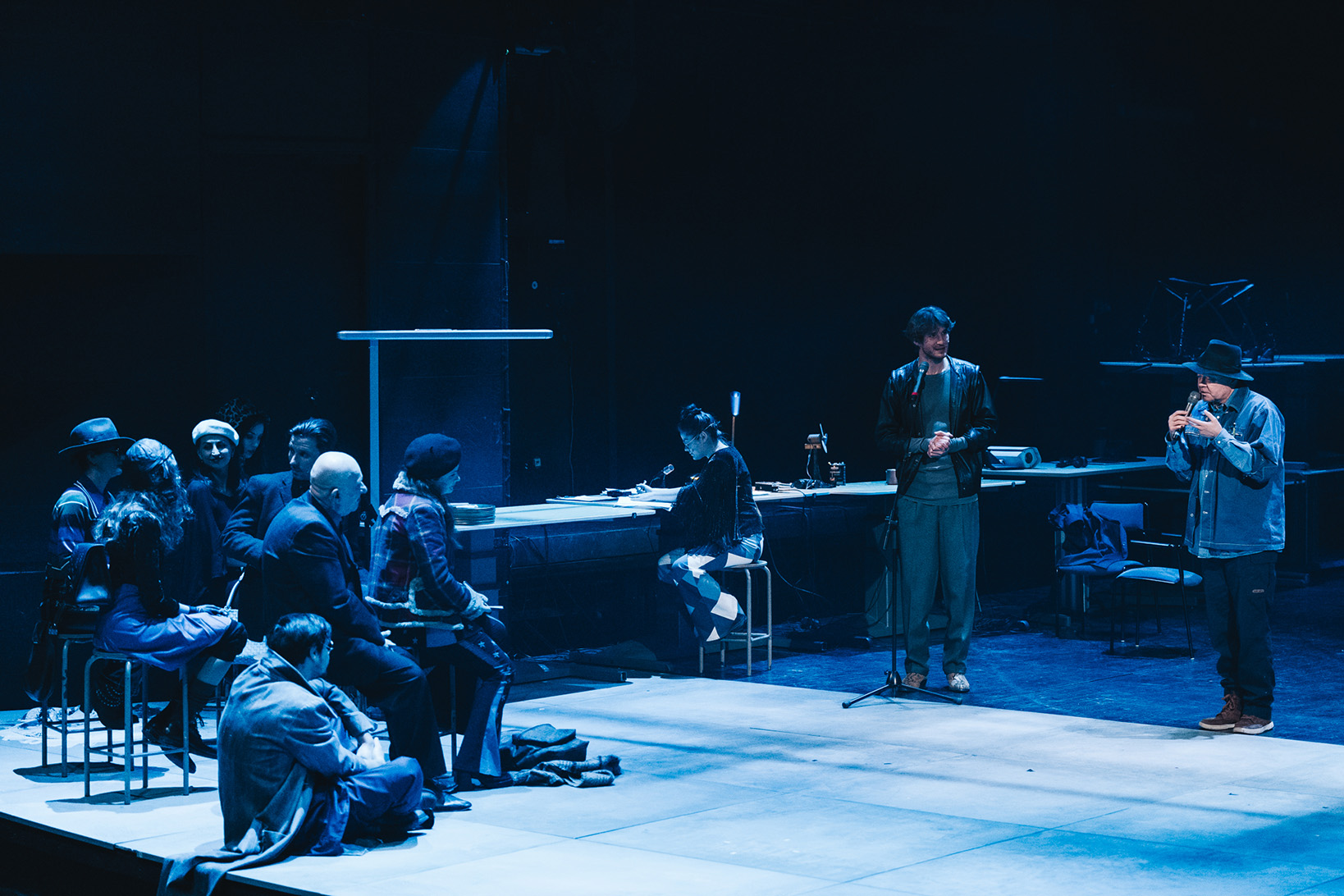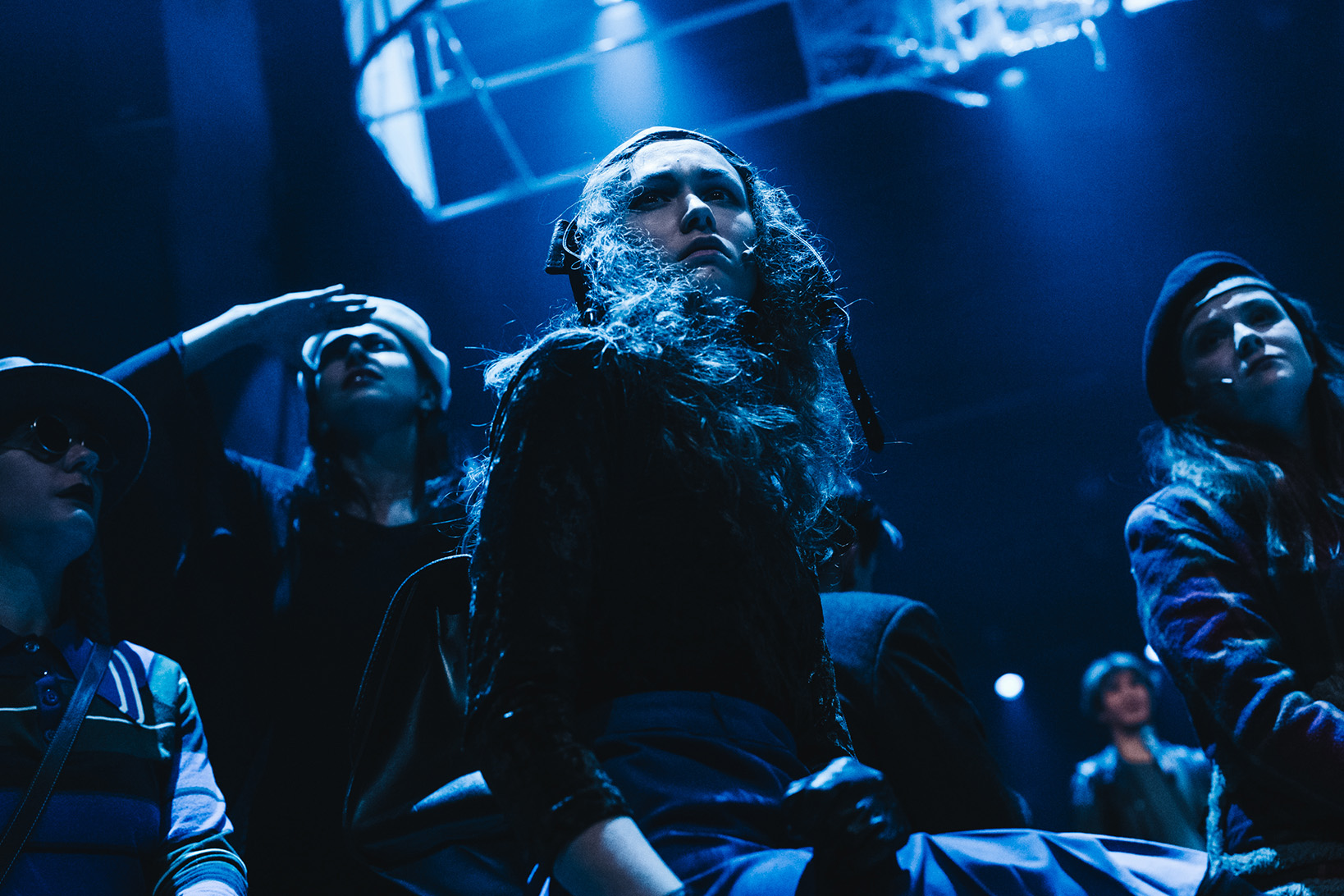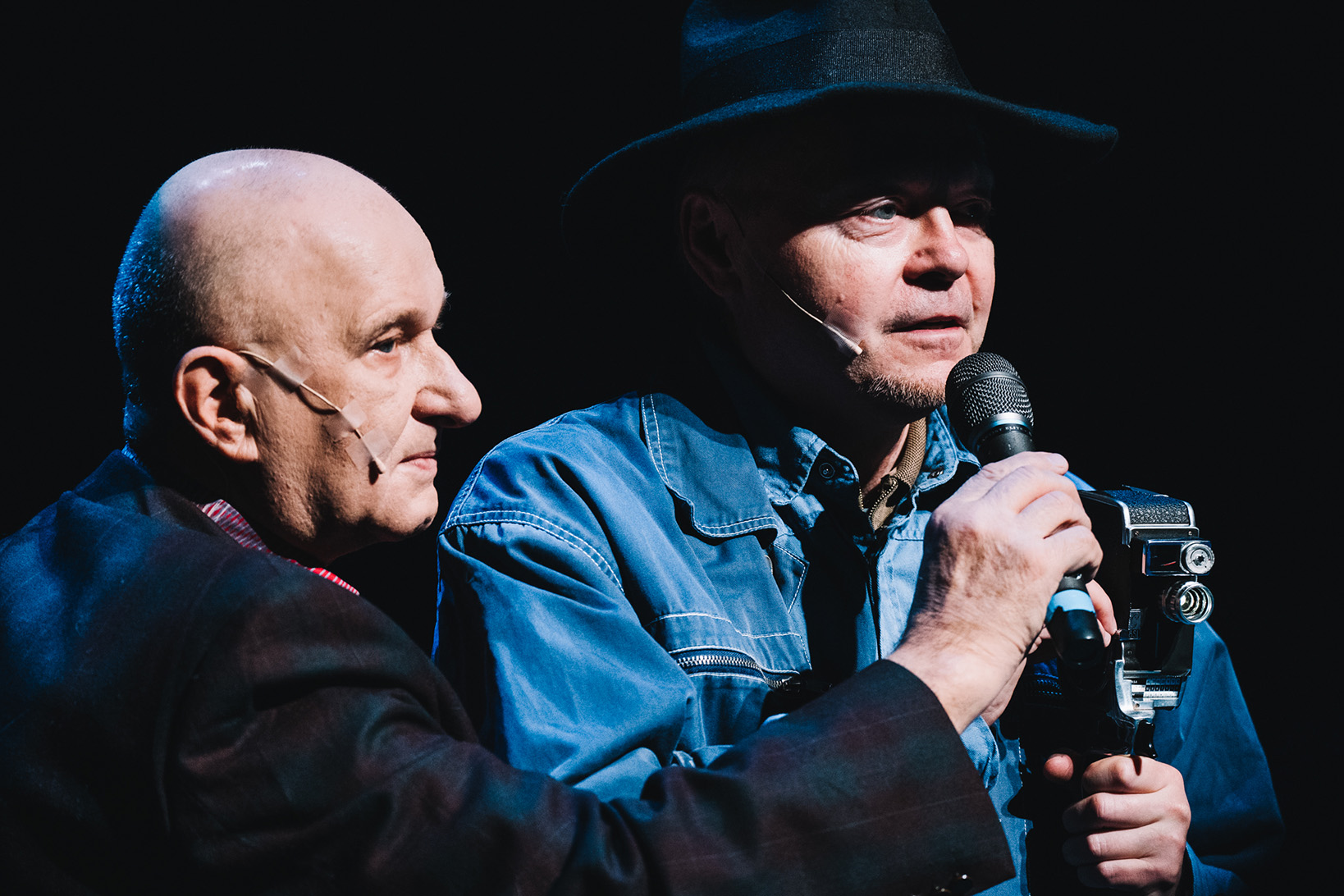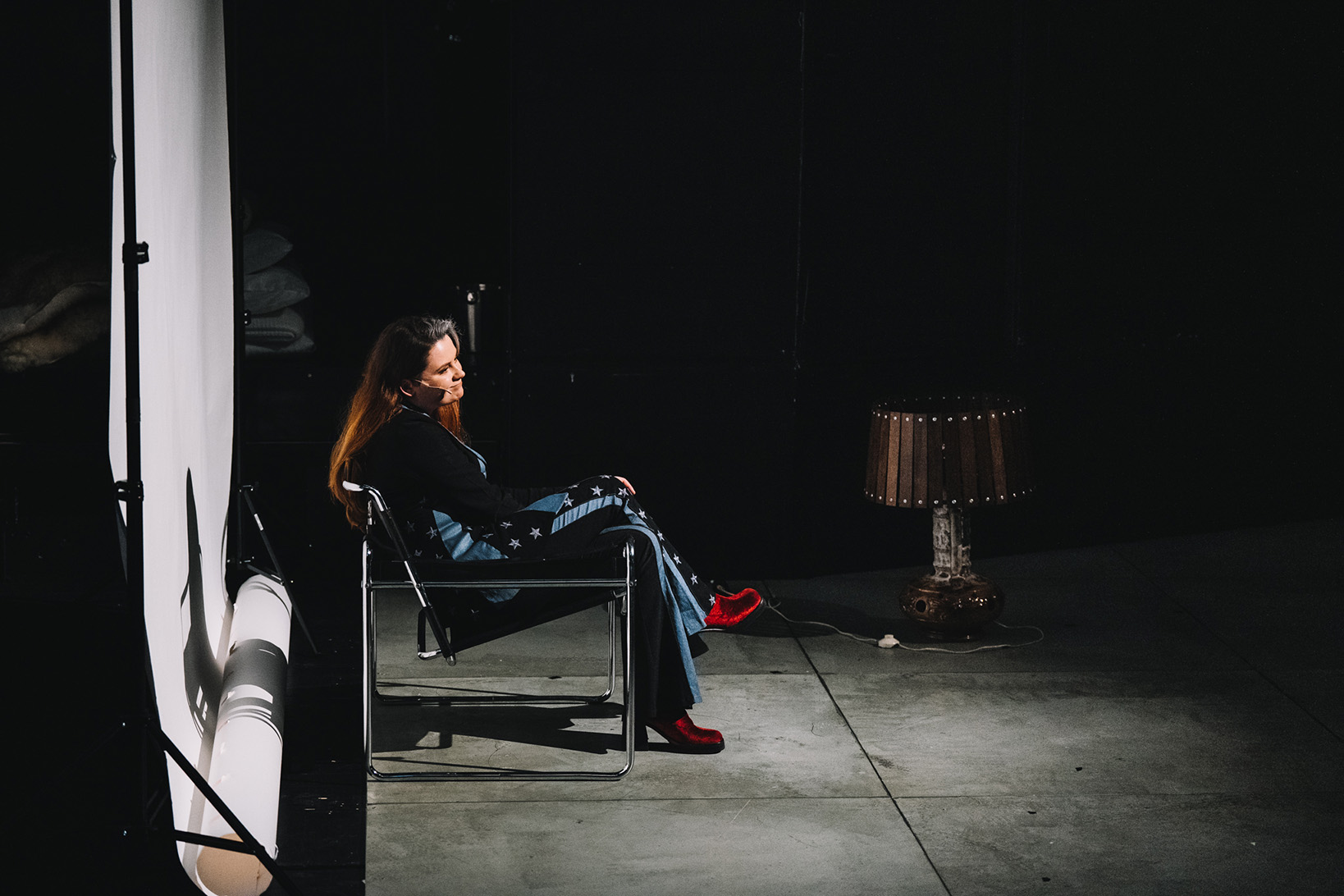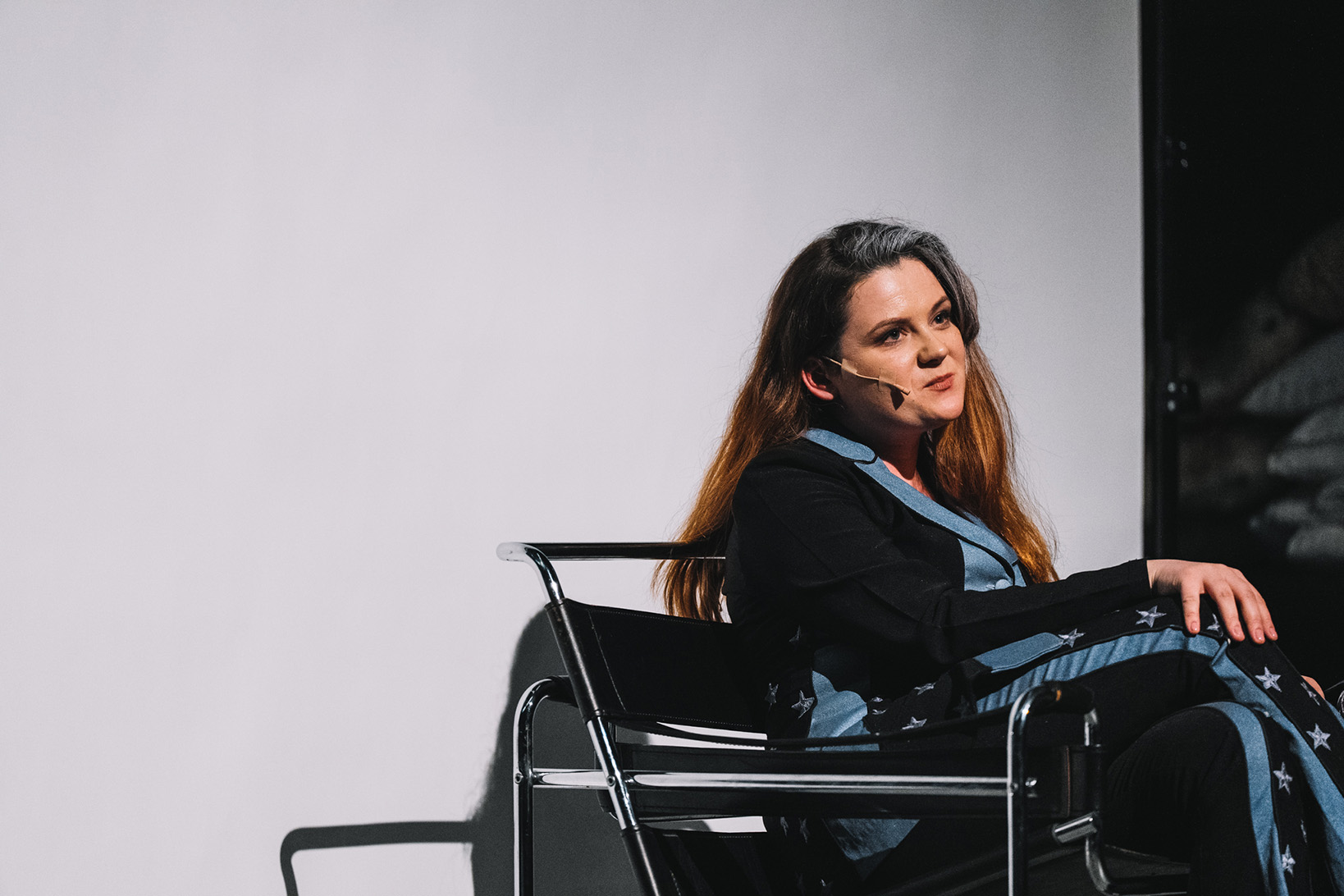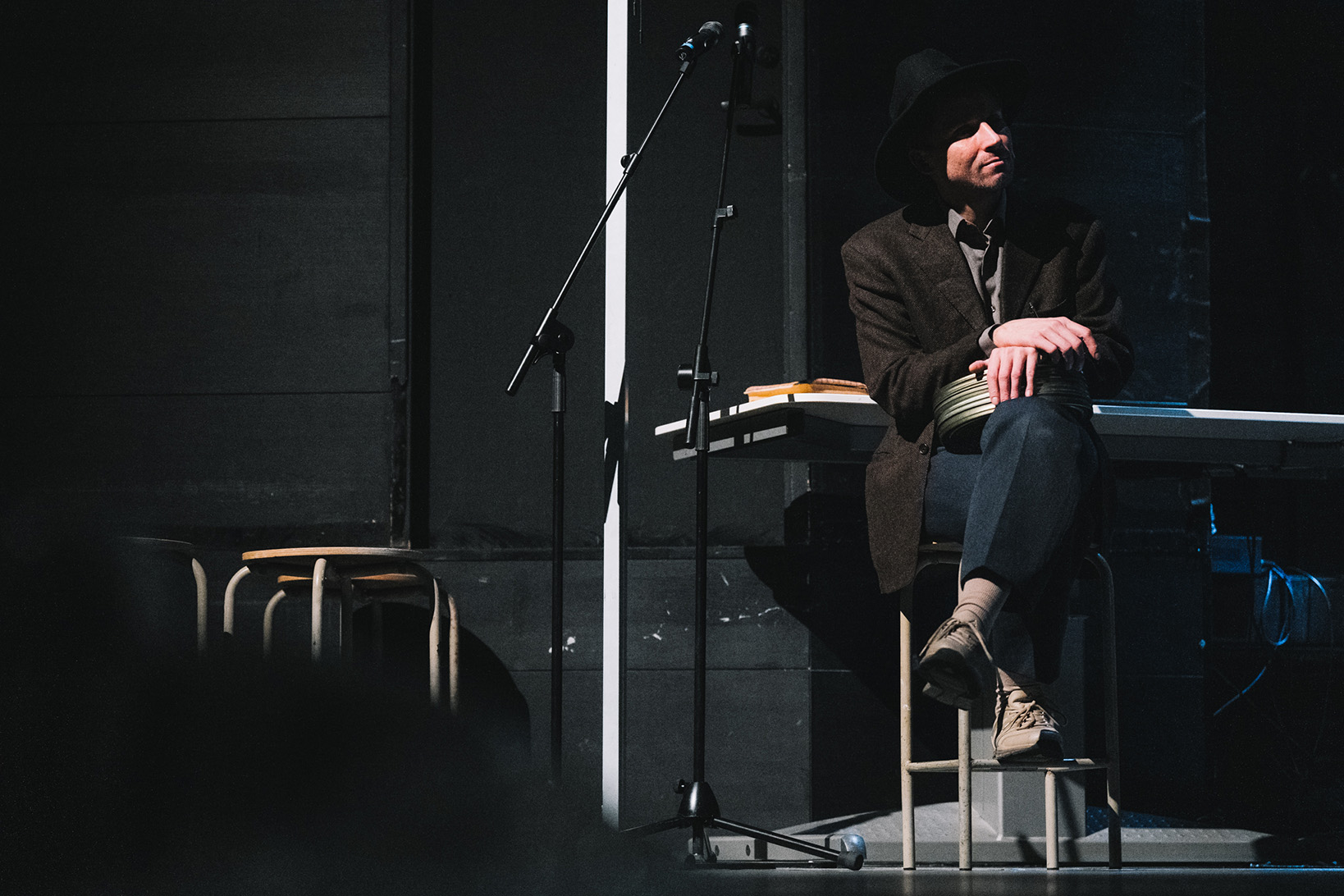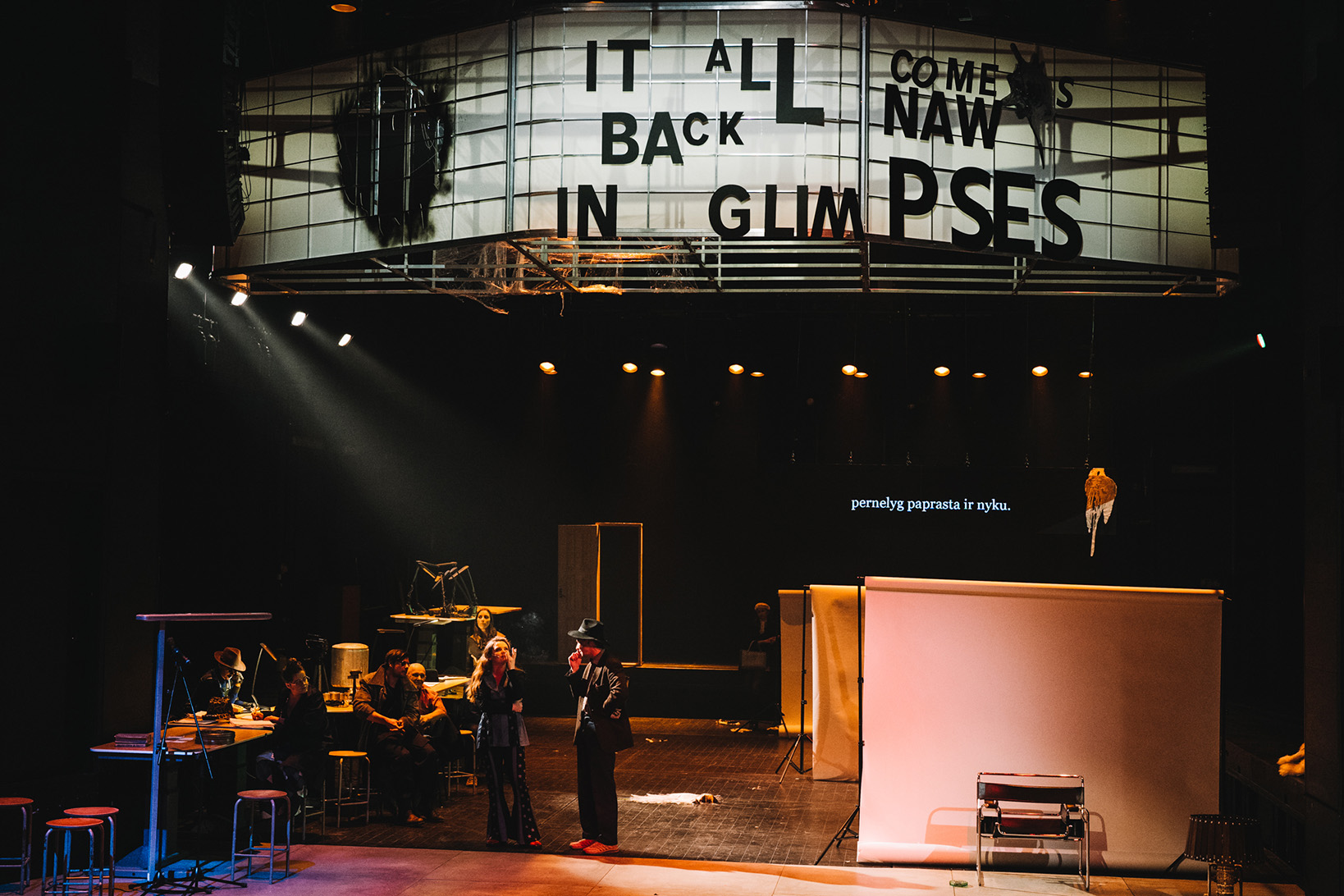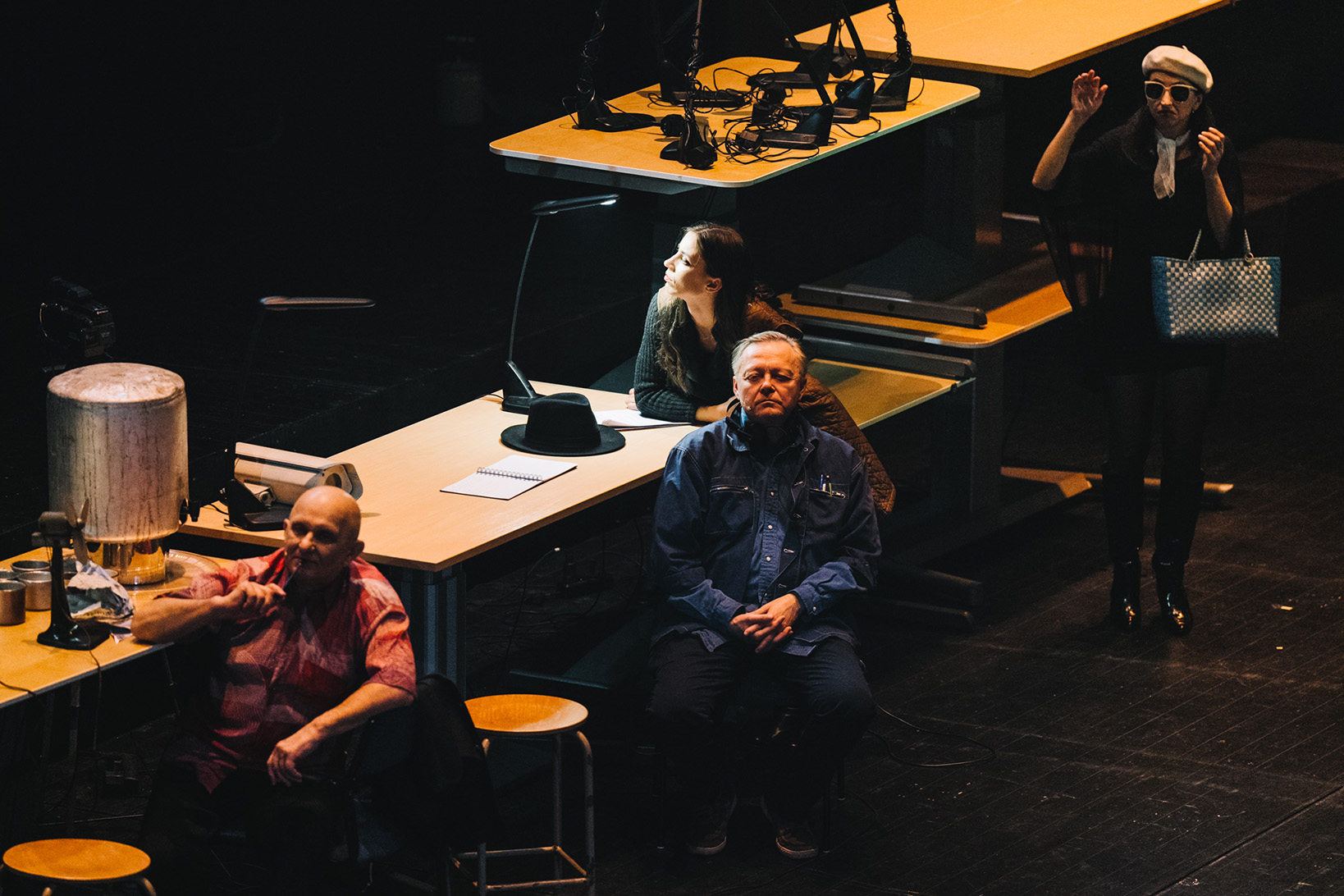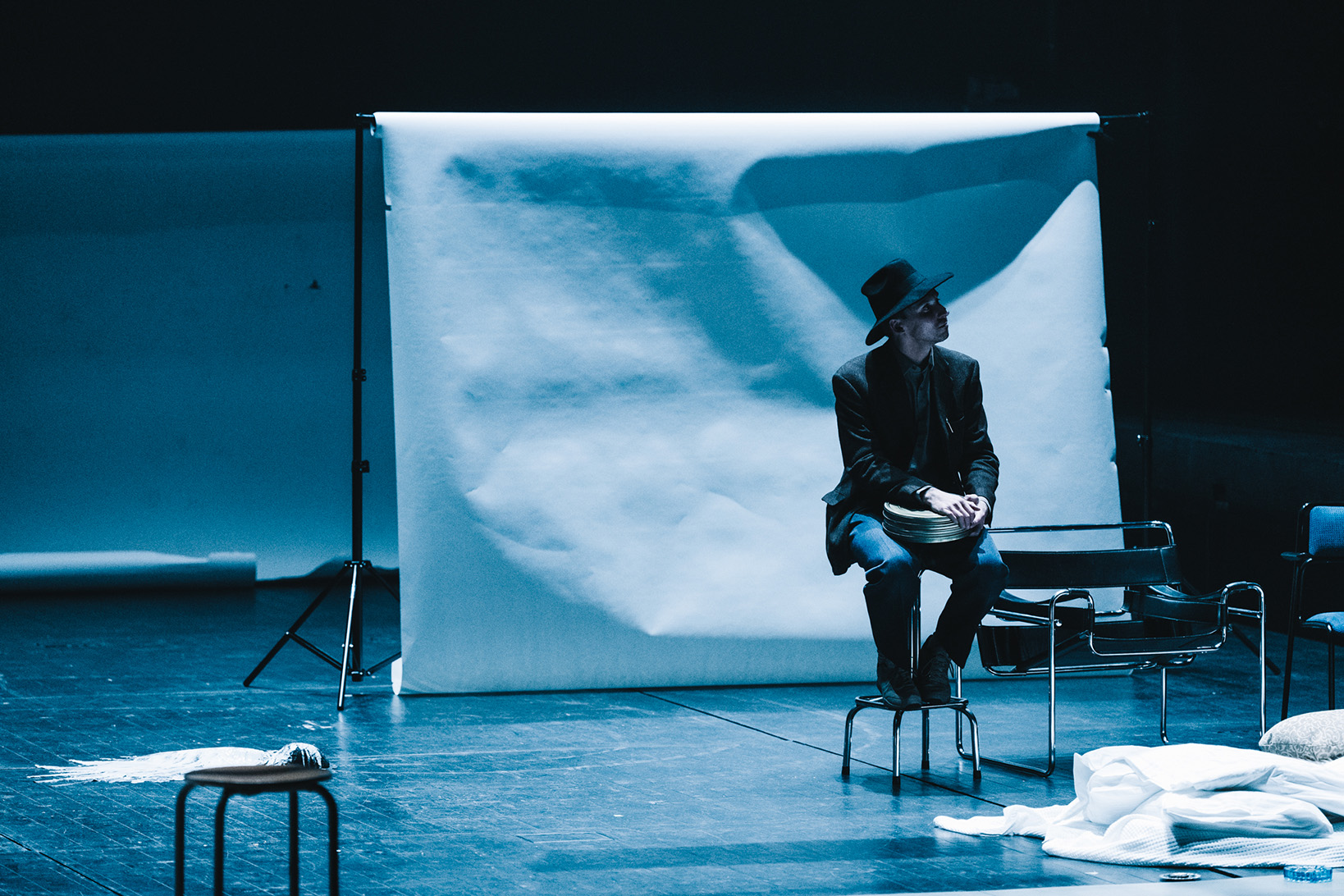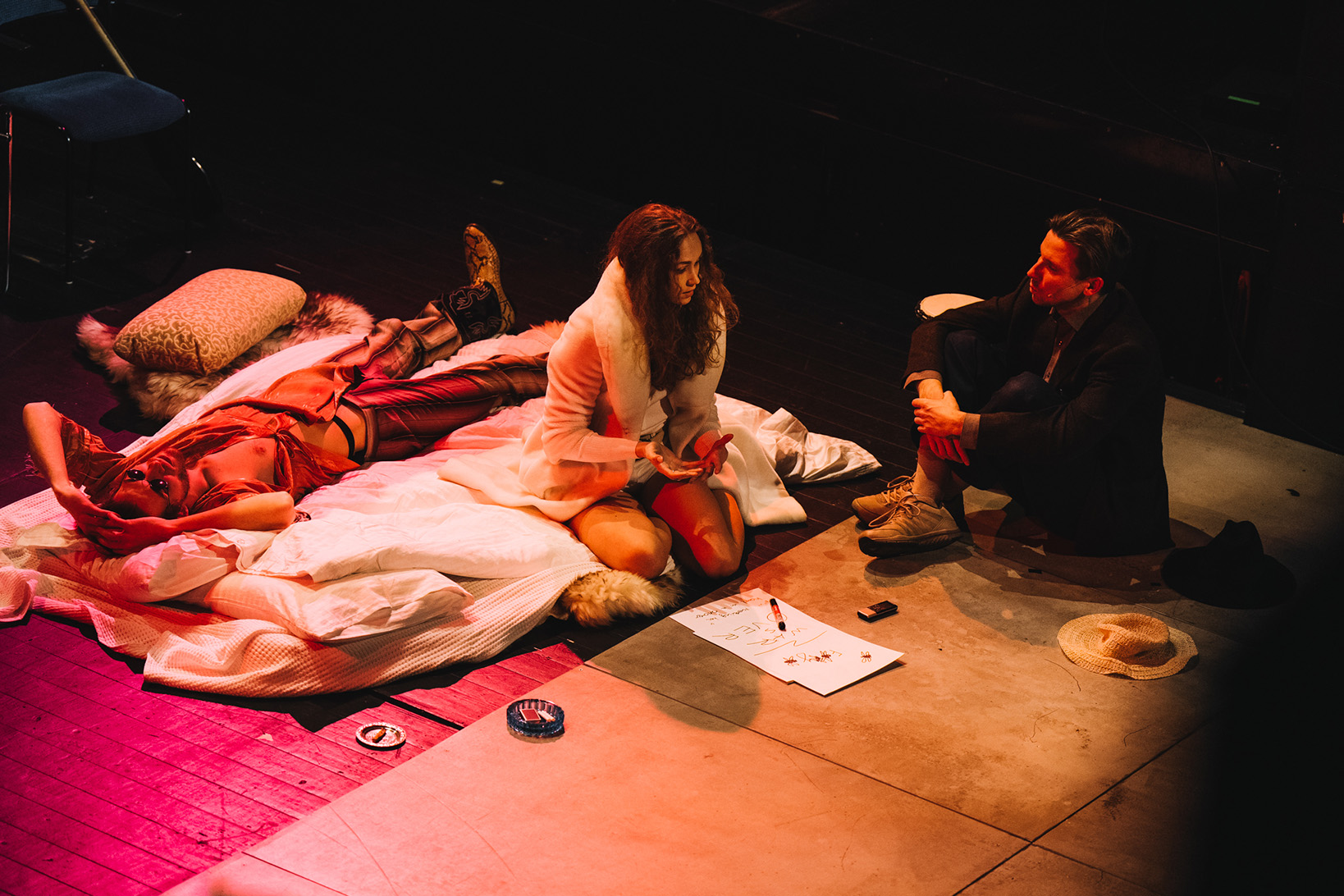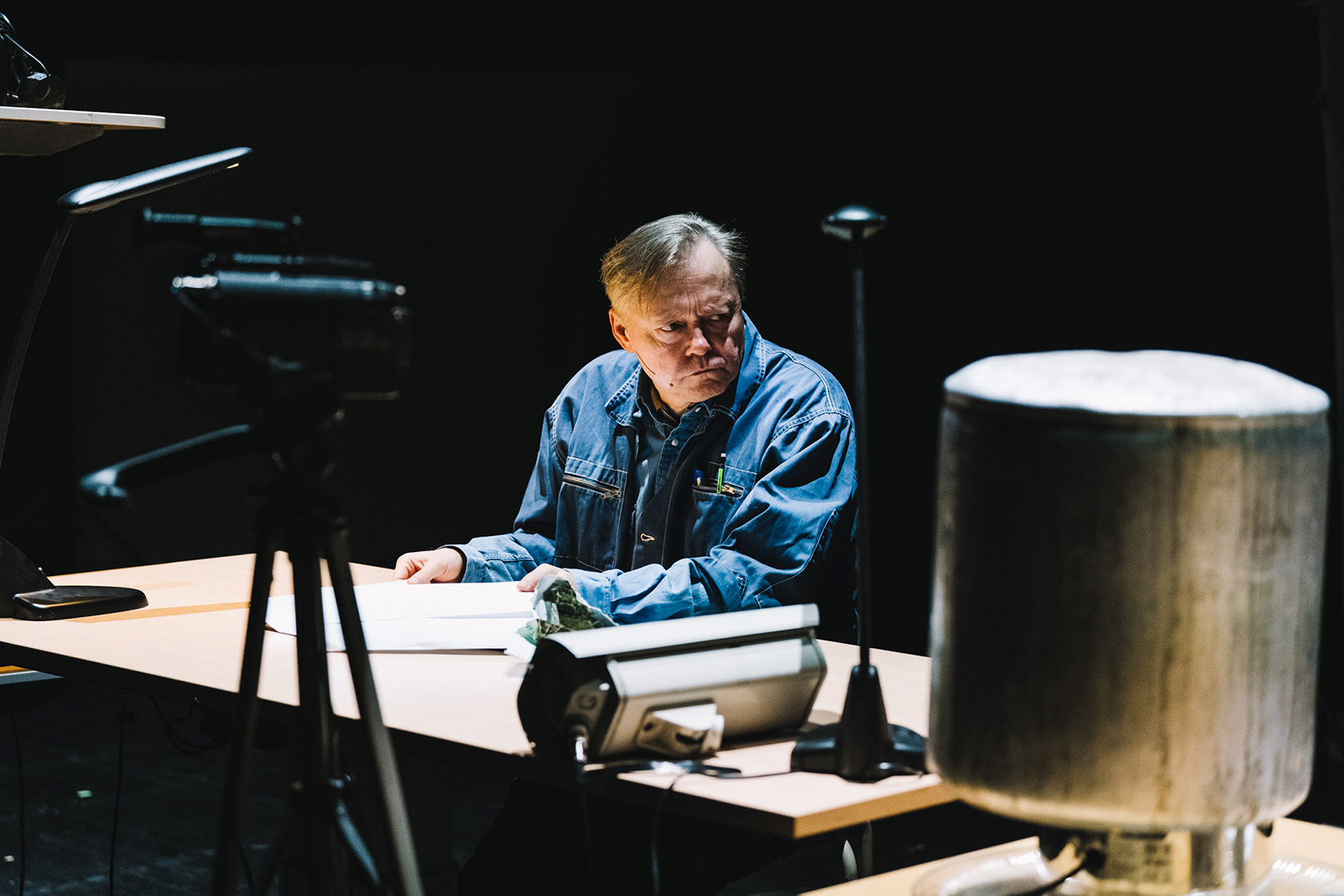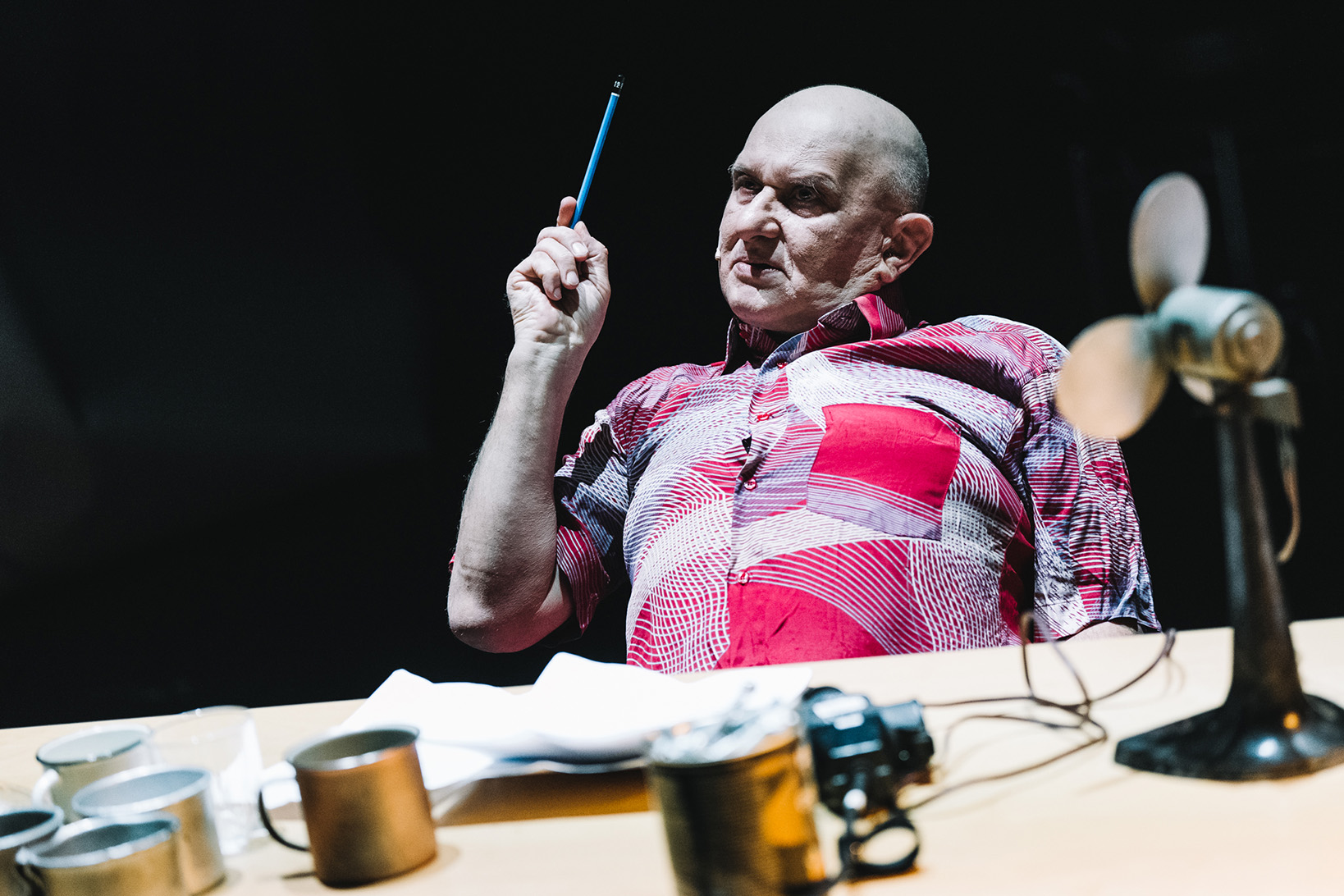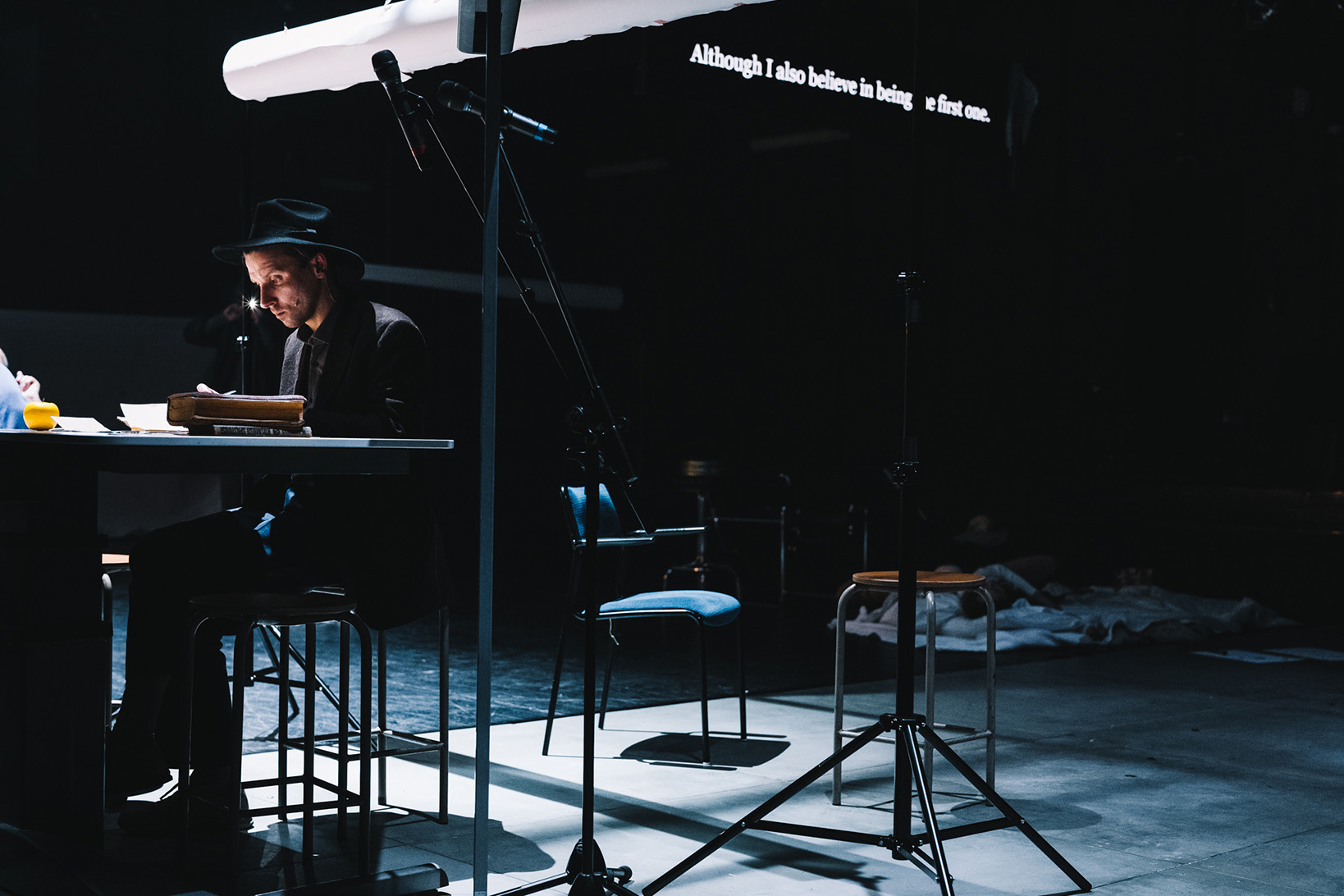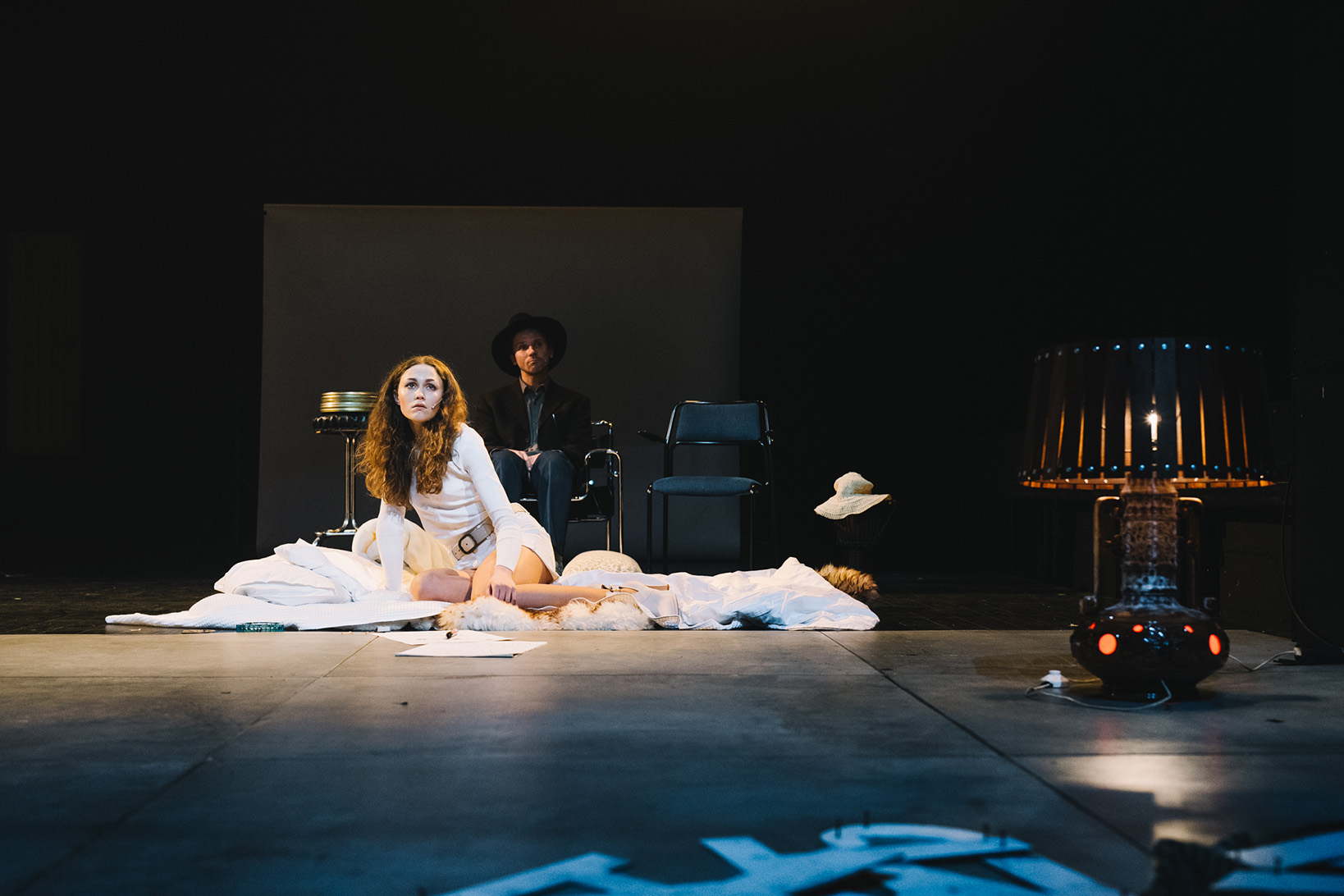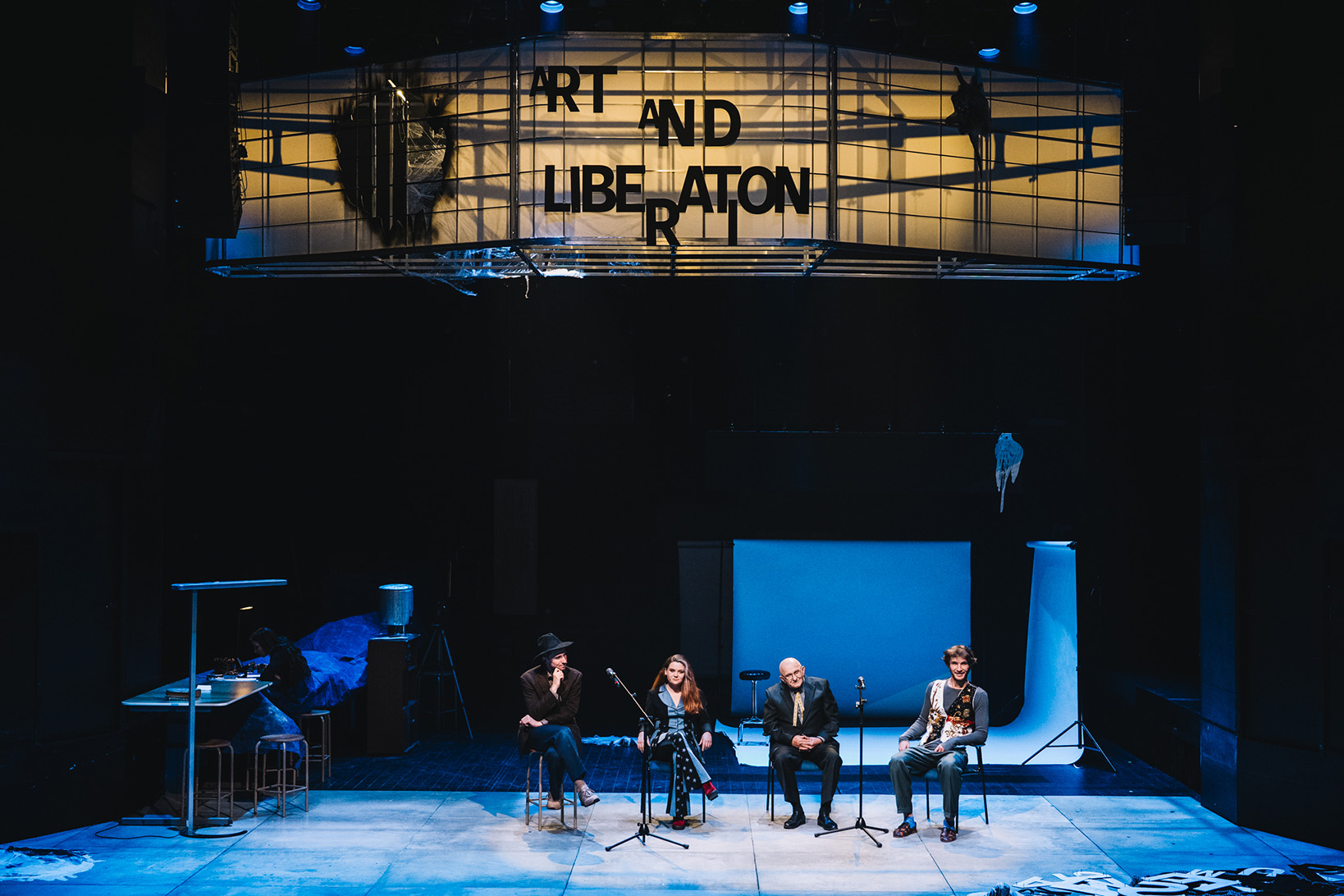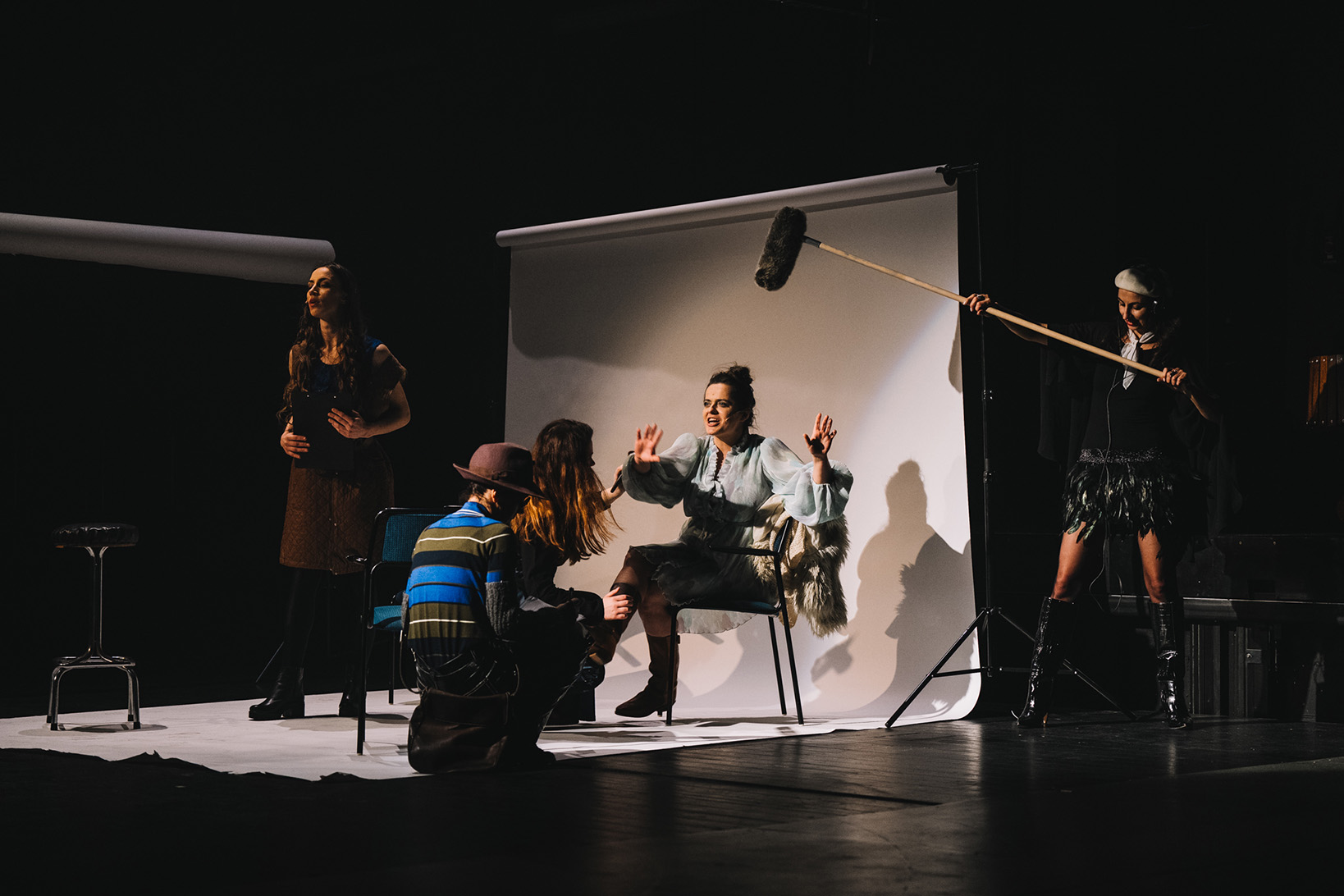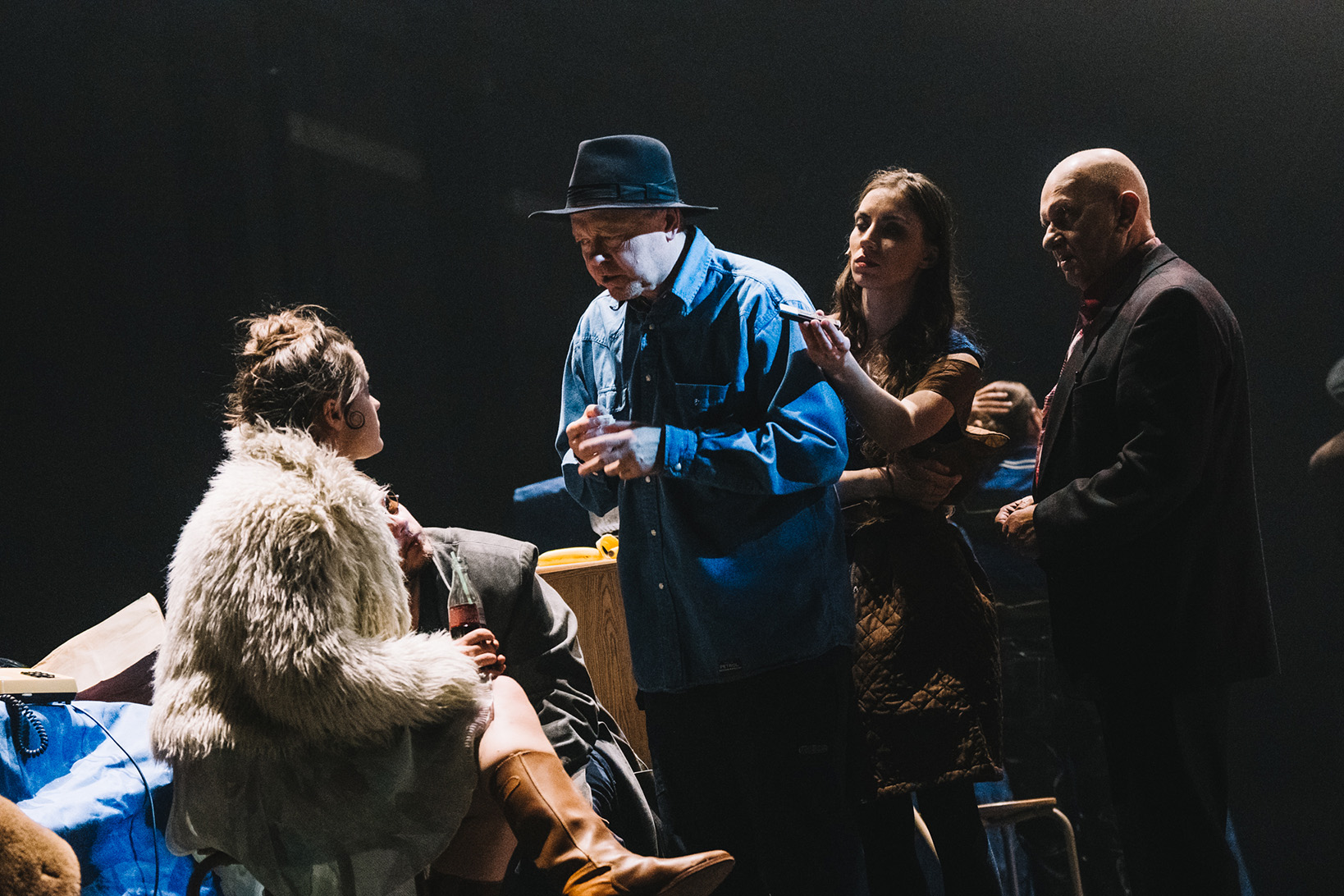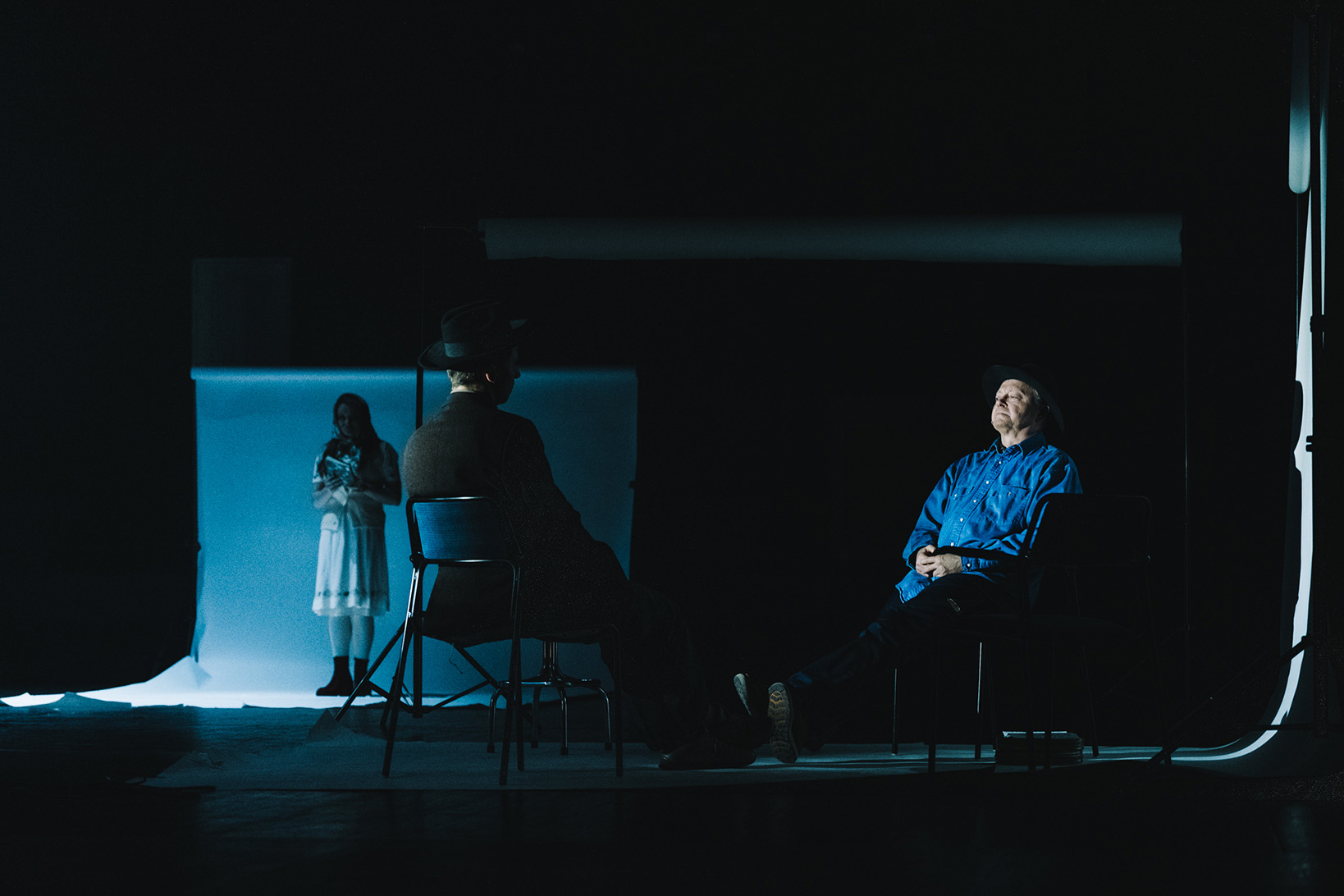Recent future. After the great catastrophe, all the computers, phones and the internet itself have stopped working. There is no way to record or restore any of the digital images created in the past. In this post-apocalyptic reality, a group of archeologists, ethnographers, and performers is looking for artifacts of an old world. One day they dig out a camera made by a Swiss company, Bolex International SA. As it becomes clear from the archive materials, Bolex cameras were widely popular in the sixth and seventh decades of the 20th century. Some of the most famous users of these cameras were Andy Warhol, Terry Gilliam and Jonas Mekas. Mekas made all his films using only Bolex. What can a director do without a film set, a technical team, and actors? Is one Bolex enough to make a movie? Intrigued by Mekas’ personality, members of the team gather more and more information about his life and creative work. Jonas Mekas was born in Semeniškiai village in Northern Lithuania. He was mesmerized by cinema and literature. He wanted to become a poet. In 1944, he left the country with his brother. The next five years he spent in Germany, in labor and refugee camps. In 1949, Jonas and his brother came to New York, where his second life began. At that time, when the possibilities of digital recording of reality were still very limited, J. Mekas started developing his own creative method by constantly documenting everyday reality with his Bolex camera. The choice of these moments, recorded on film, is not subjected to a screenplay or to some genre conventions. J. Mekas shoots only what interests him for personal reasons. “There are plenty of ways to shoot”, he said, “Although at one particular moment you can only choose one”. Something from within – your whole past – leads you to choose this particular way. So actually, you aren’t filming a tree; you’re filming your memory of a tree. You film all those reasons that predetermined you filming of this tree. And you have to combine those two things: the tree and those reasons that made you film it.” And that’s how those extreme subjective movie notes, reflecting the artist’s perception of events, characters, and memories, come to be.
In the seventh decade, when Hollywood films were structuring movie genres and narrative patterns, igniting the audience with stories about the Wild West or the Civil War, a Lithuanian refugee from Semeniškiai created his own unique method of avant-garde cinema that charmed all of New York’s artistic community, led by Andy Warhol. Who was this humble poet from a small Eastern European country, to whom the United States of America owes such an institution as the Anthology Film Archives?
Based on surviving materials on J. Mekas – his own diary, which he kept during the war and a few years after; an interview with J. Mekas and several interviews that he filmed with such famous people as Yoko Ono, John Lennon, Susan Sontag, or Vytautas Landsbergis – a group of researchers try to unveil the phenomenon of this man, to get closer to his unique method, and to document the thing that tends to constantly disappear in our everyday experiences – the subjective truth of reality.


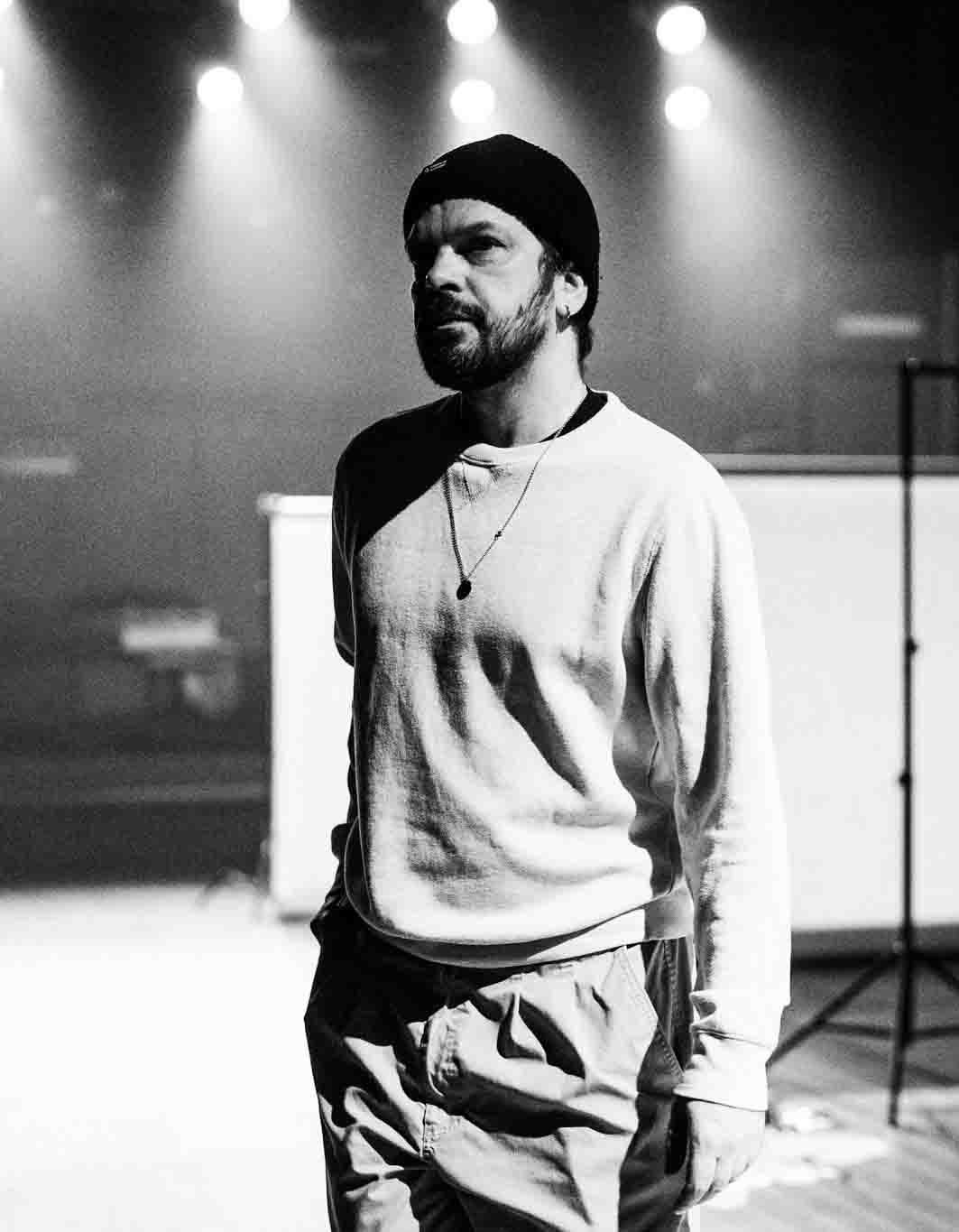

 Back
Back 
